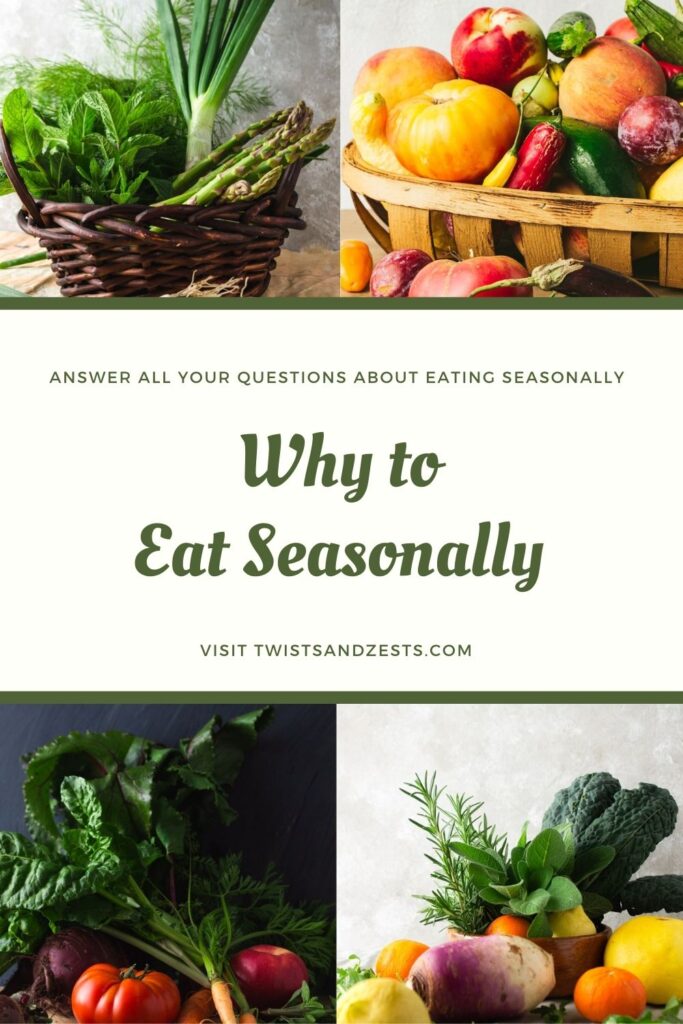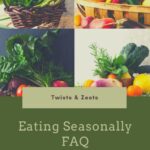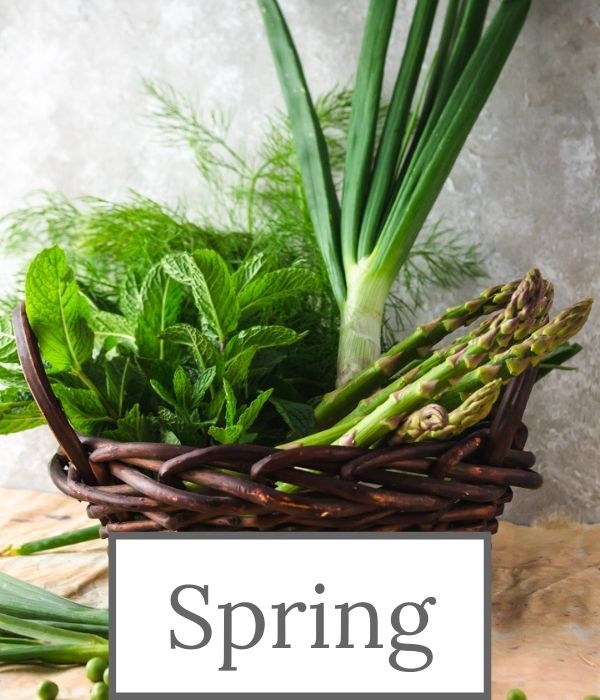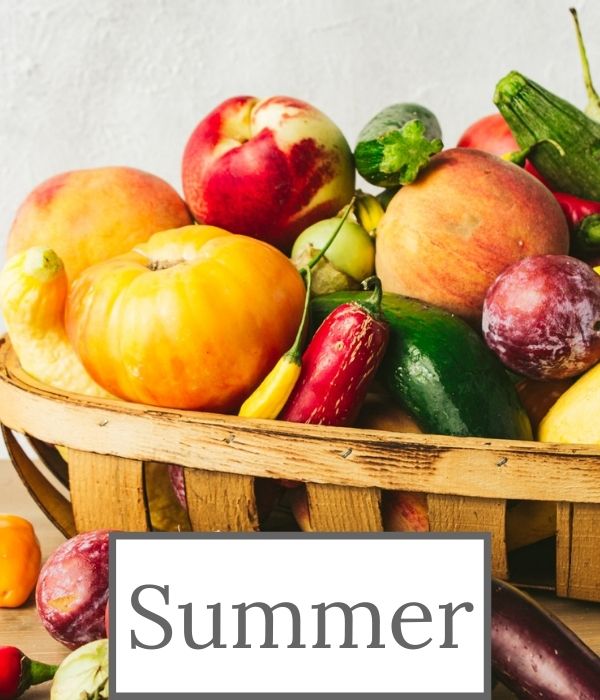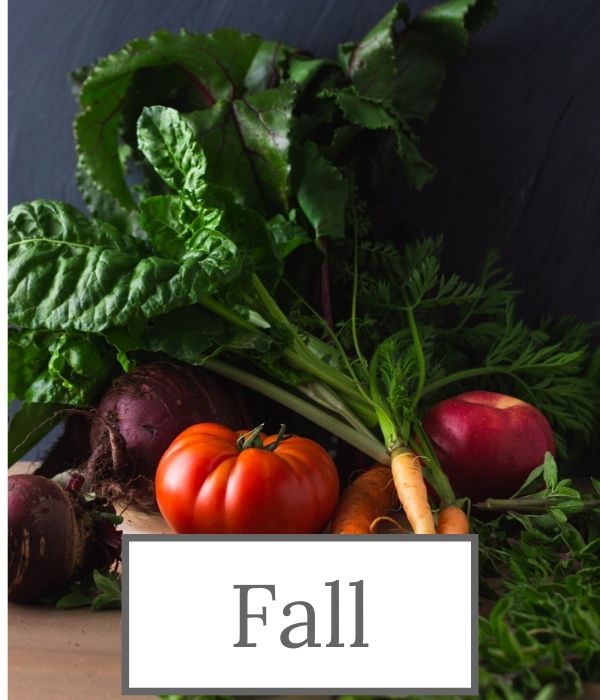Why Eat Seasonal?
Eating exclusively seasonal produce is one of the best ways to impact both your diet and the environment. Local produce grown in season tastes amazing and has a much lower carbon footprint. Growing produce during its natural season requires fewer pesticides, fertilizers, artificial lights, heating systems, and results in a healthier, better tasting product that will make you always eager to eat your veggies.
Seasonal Recipes
FAQs About Seasonal Produce
What are the environmental impacts of small food production?
Small, local producers who grow fruits and vegetables in season will always have better, healthier produce that is safer for the environment whether they are certified organic or not. Some of the biggest impacts on the environment from farming are from fertilizers, pesticides, water use, and transport. Small farmers typically use fewer pesticides and fertilizers simply because it is less expensive.
When you buy local there are also fewer transportation impacts associated with your fruits and vegetables. Less refrigeration associated with storage and fewer miles in trucks and trains uses less fossil fuel. And it means the food is that much fresher when it gets to you!
What is a CSA?
CSA stands for Community Supported Agriculture. The original model of CSA’s was designed so that people paid for a growing season’s worth of weekly vegetables in advance so that farmers could pay for the all the work to be done to grow the crops.
Are farmer’s markets and CSAs expensive?
It is a common misconception that eating seasonally and locally is a lot more expensive than buying produce from the grocery store, but that is absolutely not true. In general, your local farmer with a small stand or the city farmer’s market will cost you the same or less for produce purchases.
Where people often get sticker shock is on specific per pound produce costs. Tomatoes cost a lot more to produce on a small scale than you might be used to paying. But when you average it out over an entire purchase, you will probably pay the same. And if you buy cases of produce for preserves or self canning, you will probably pay less for a much higher quality (read: amazing flavour) than you can get elsewhere.
Are organic fruits and vegetables better?
Is certified organic produce really better than non-organic? The answer: it depends. A certified organic designation on a federal and state level is difficult and expensive to get. Most small producers are going to have a hard time getting that because they operate on small margins.
And there are a lot of fertilizers and some pesticides which are acceptable even if you are classified as organic. These products still have an environmental impact – even if the food itself is still healthy. But fertilizers and pesticides are expensive too. So even if your local farmer doesn’t have a Certified Organic designation, they might be using good or better than standard organic processes simply because it is less expensive.
